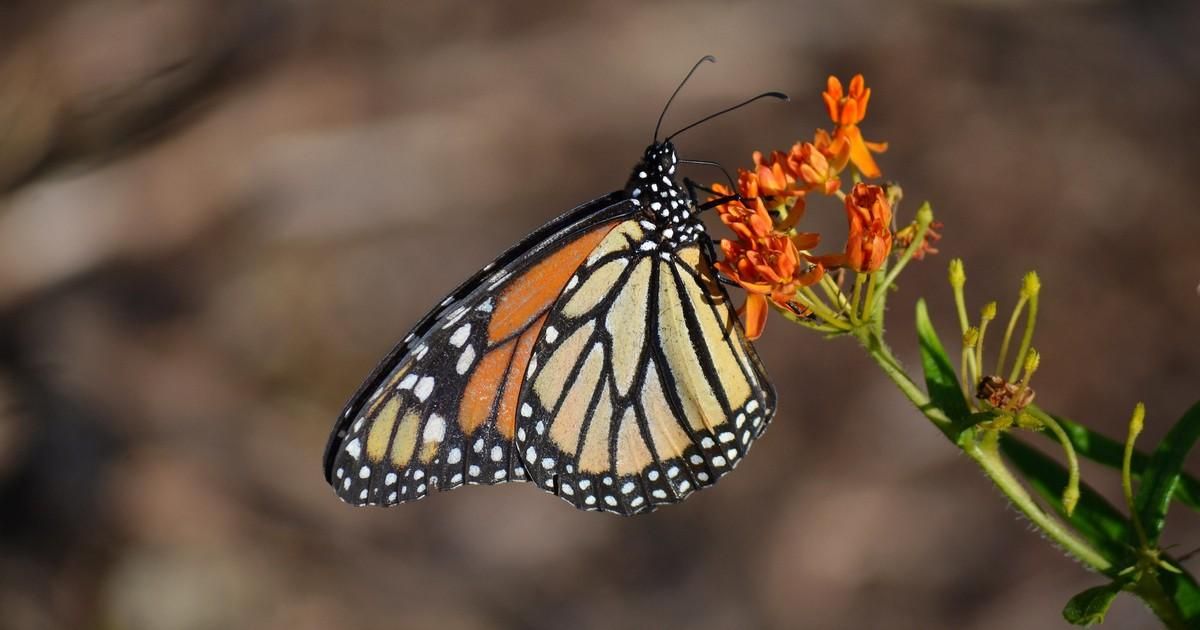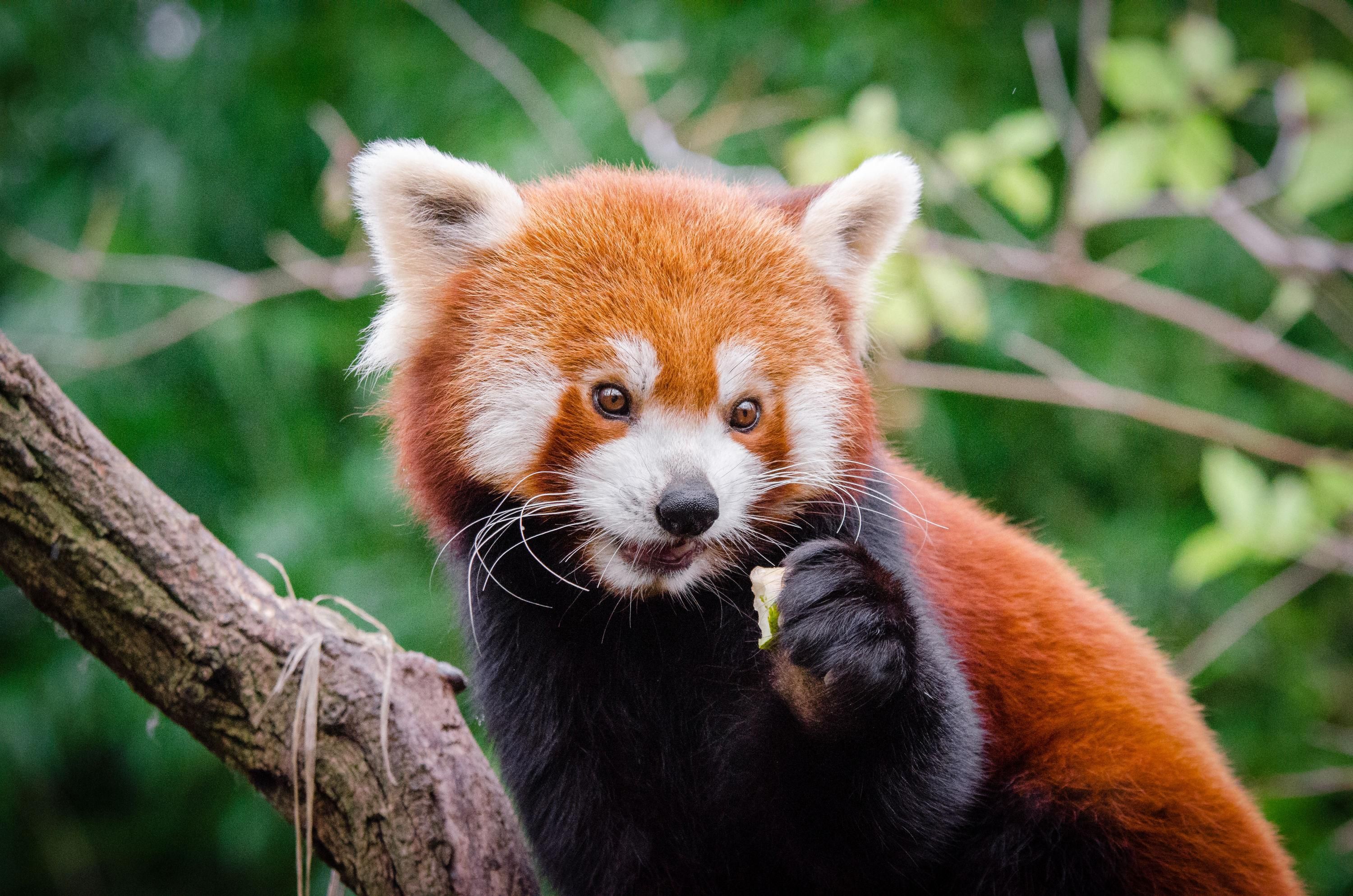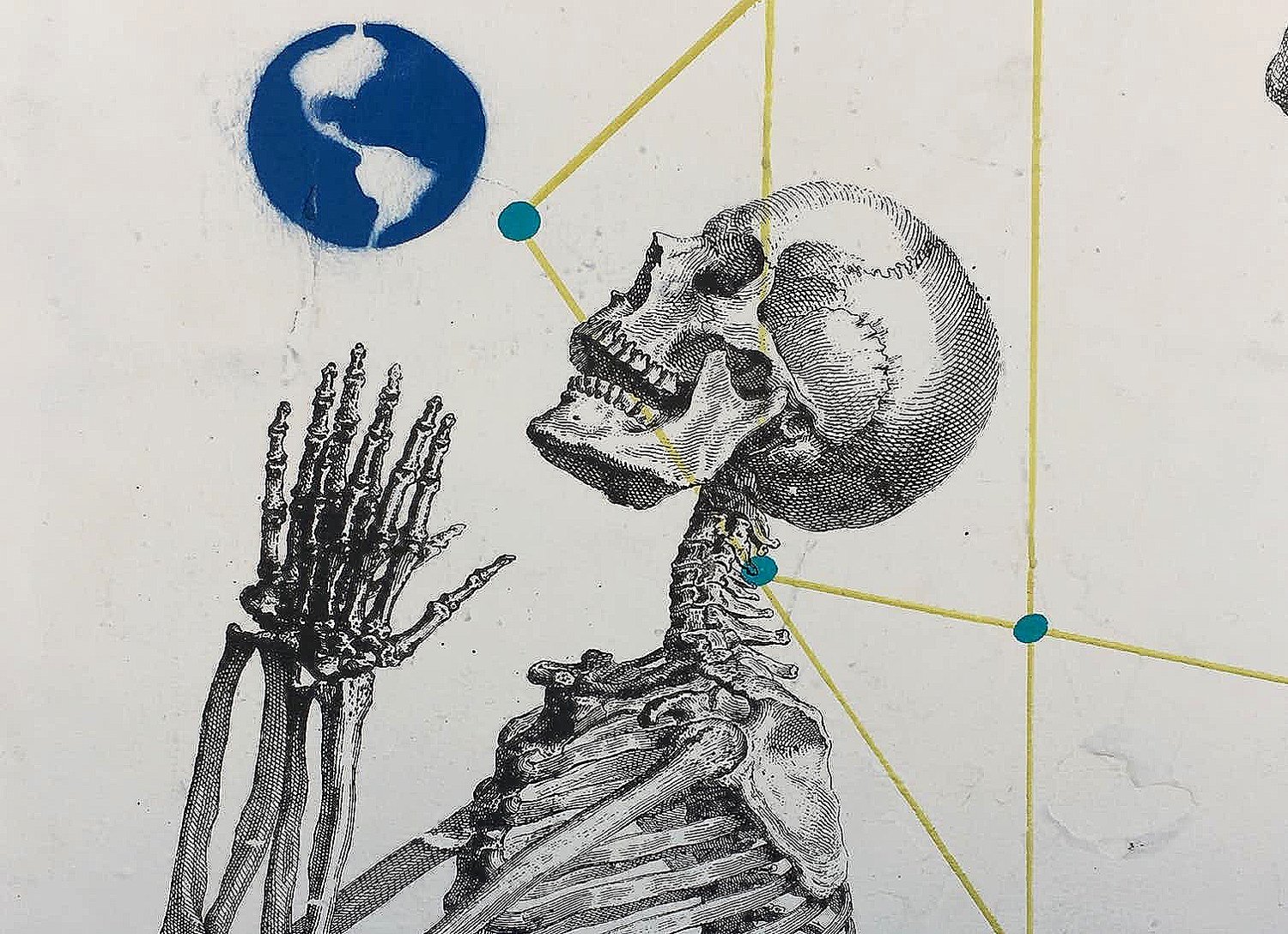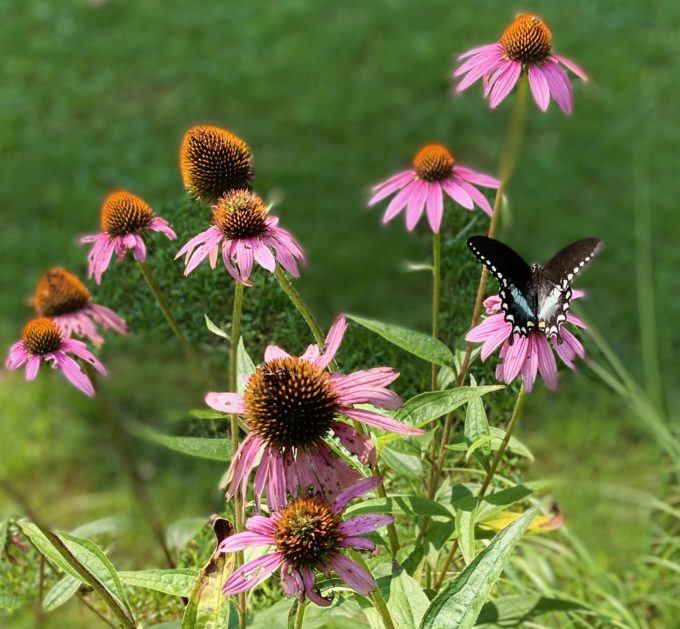● NEWS ● #CommonDreams #Biodiversity #Nature #Wildlife ☞ Opinion | Kunming Declaration Sets Path Toward a More Just Global Biodiversity Framework https://www.commondreams.org/views/2021/10/21/kunming-declaration-sets-path-toward-more-just-global-biodiversity-framework
#biodiversity
● NEWS ● #CommonDreams #Wildlife #Nature ☞ Opinion | Kunming Declaration's 30x30 #Biodiversity Target Is a Good Start, But Not Nearly Enough https://www.commondreams.org/views/2021/10/15/kunming-declarations-30x30-biodiversity-target-good-start-not-nearly-enough
● NEWS ● #CommonDreams #Biodiversity ☞ 'Embarrassing': US Absent as World Joins Together to Protect Biodiversity https://www.commondreams.org/news/2021/10/15/embarrassing-us-absent-world-joins-together-protect-biodiversity #Nature #Wildlife
1 Shares
● NEWS ● #CounterPunch #Wildlife #Nature ☞ The United States Must Rejoin the Global #Biodiversity #Conservation Community https://www.counterpunch.org/2021/10/15/the-united-states-must-rejoin-the-global-biodiversity-conservation-community/
One person like that
Why the U.N.’s Biodiversity Conference Is So Important - The New York Times
As 20,000 government leaders, journalists, activists and celebrities from around the world prepare to descend on Glasgow for a crucial climate summit starting late this month, another high-level international environmental meeting got started this week. The problem it seeks to tackle: A rapid collapse of species and systems that collectively sustain life on earth.
#science #environment #GlobalWarming #ClimateChange #ClimateCrisis #ClimateBreakdown #biodiversity
The stakes at the two meetings are equally high, many leading scientists say, but the biodiversity crisis has received far less attention.
https://www.nytimes.com/2021/10/14/climate/un-biodiversity-conference-climate-change.html
3 Likes
● NEWS ● #CommonDreams ☞ #Nature Defenders Warn Global #Biodiversity 'Kunming Declaration' Lacks Urgency https://www.commondreams.org/news/2021/10/13/nature-defenders-warn-global-biodiversity-kunming-declaration-lacks-urgency
● NEWS ● #CommonDreams ☞ Opinion | The United States Must Rejoin the Global #Biodiversity Conservation Community https://www.commondreams.org/views/2021/10/12/united-states-must-rejoin-global-biodiversity-conservation-community

Manifesto of Planet Politics
https://www.planetpolitics.org/ecological-theory/manifesto
'A #complex #politics of #simple musts: End #extinctions! #Preserve #biodiversity! End #deforestation! #Repair the #oceans! #Prevent #climate #disaster! #Decarbonise #humanity! #Return to #social #justice! #Animals of the #world, #unite!'
#manifesto #planet #theory #anthropocene #metabolic-rift #biosphere #climatechange #humanity #nature #ecology #earth #diplomacy #geopolitics #ir #coal #international #law #ethics #longread
5 Likes
3 Comments
1 Shares
Concentrate farming to leave room for species and carbon
Nearly half of Britain’s #biodiversity has gone since #IndustrialRevolution | Biodiversity | The Guardian
Worst in the #G7.
#UK #Environment #Ecoloty #Ecosystems #Industrialization #Urbanization #Wildlife #Conservation
3 Likes
● NEWS ● #CommonDreams #Wildlife #Nature ☞ 'Planetary Health Declaration' Issued Ahead of Key #Biodiversity Summit https://www.commondreams.org/news/2021/10/07/planetary-health-declaration-issued-ahead-key-biodiversity-summit
Hank Paulson: The World's Biodiversity Is in Peril
#greenhousegasemissions #endangeredandextinctspecies #biodiversity #globalwarming #unitednationsconventiononbiologicaldiversity #conservationofresources #reefs #birds #food #fishandothermarinelife #forestsandforestry #wetlands #rabies #intergovernmentalpanelonclimatechange #greatbarrierreefaustralia #india #unitedstates #news
● NEWS ● #CounterPunch #Wildlife #Nature ☞ Bridge the North-South Divide for a UN #Biodiversity Framework That is More Just https://www.counterpunch.org/2021/09/28/bridge-the-north-south-divide-for-a-un-biodiversity-framework-that-is-more-just/
‘Green growth’ doesn’t exist – less of everything is the only way to avert catastrophe
George Monbiot (The Guardian)
It is simply not possible to carry on at the current level of economic activity without destroying the environment.
There is a box labelled “climate”, in which politicians discuss the climate crisis. There is a box named “biodiversity”, in which they discuss the biodiversity crisis. There are other boxes, such as pollution, deforestation, overfishing and soil loss, gathering dust in our planet’s lost property department. (...)
Nature recognises no such divisions. As Earth systems are assaulted by everything at once, each source of stress compounds the others.
Take the situation of the North Atlantic right whale, whose population recovered a little when whaling ceased, but is now slumping again: fewer than 95 females of breeding age remain. (...)
Studies of bees show that when pesticides are combined, their effects are synergistic: in other words, the damage they each cause isn’t added, but multiplied. When pesticides are combined with fungicides and herbicides, the effects are multiplied again. (...)
When rainforests are fragmented by timber cutting and cattle ranching, and ravaged by imported tree diseases, they become more vulnerable to the droughts and fires caused by climate breakdown.
What would we see if we broke down our conceptual barriers? We would see a full-spectrum assault on the living world. Scarcely anywhere is now safe from this sustained assault. A recent scientific paper estimates that only 3% of the Earth’s land surface should now be considered “ecologically intact”.
The various impacts have a common cause: the sheer volume of economic activity. (...)
When we box up this predicament, our efforts to solve one aspect of the crisis exacerbate another. For example, if we were to build sufficient direct air capture machines to make a major difference to atmospheric carbon concentrations, this would demand a massive new wave of mining and processing for the steel and concrete. (...)
Or look at the materials required for the electronics revolution that will, apparently, save us from climate breakdown. Already, mining and processing the minerals required for magnets and batteries is laying waste to habitats and causing new pollution crises. Now, as Jonathan Watts’s terrifying article in the Guardian this week shows, companies are using the climate crisis as justification for extracting minerals from the deep ocean floor, long before we have any idea of what the impacts might be. (...)
But there is no such thing as green growth. Growth is wiping the green from the Earth.
We have no hope of emerging from this full-spectrum crisis unless we dramatically reduce economic activity. (...) Sustaining our life-support systems means doing less of almost everything. But this notion – that should be central to a new, environmental ethics – is secular blasphemy.
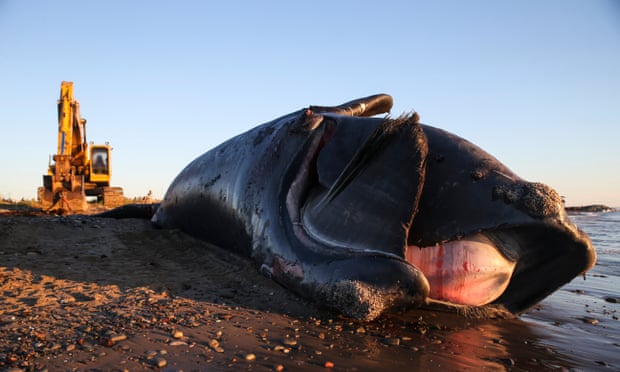
‘Combined impacts are laying waste to entire living systems.’ A dead North Atlantic right whale washed up on a beach in New Brunswick, Canada. Photograph: Nathan Klima/Boston Globe/Getty Images.
Tags: #environment #climate #climate_change #climate_crisis #co2 #pollution #global_warming #economy #growth #green_growth #deforestation #overfishinh #soil_loss #biodiversity #whales #insects #bees #agriculture #fertilizers #fungicides #herbicides #caterpillars #moths #coral_reef #coral_bleeching #rainforest #timber_cutting #cattle_racnhing #trees #mining #deep_sea_mining #ocean_levels #floods #sea_levels
2 Likes
1 Shares
● NEWS ● #CommonDreams ☞ Opinion | A More Just #Biodiversity Framework Must Build Better Bridge Between the Global North and South https://www.commondreams.org/views/2021/09/24/more-just-biodiversity-framework-must-build-better-bridge-between-global-north-and
"We protect 80% of the planet's biodiversity, yet we are the most vulnerable."
In the run-up to the ground-breaking Our Land Our Nature congress, we asked leading experts and activists from around the world to explain just what’s wrong with “conservation.” Watch, then help us stop the biggest land grab in history, from those who are least responsible for the climate crisis – Indigenous Peoples, who protect 80% of the world’s biodiversity, and other local peoples.
Nancidalia Ramírez Domínguez, coordinator of the Mesoamerican Alliance of Peoples and Forests' Youth Movement, claims the key role of indigenous peoples and local communities around the world as protectors of biodiversity.
https://www.youtube.com/watch?v=DVUKlD9-2WM
#film #video #message #survival #international #indigenous #peoples #conservationism #nomoregreenlies #ourland #ournature #land #nature #nancidalia #ramirez #dominguez #mesoamerican #alliance #forests #youth #movement #biodiversity #world #protection #local #conservation #planet #planeta #landgrab #climate #crisis #apocalipse
One person like that
‘Like nothing in my lifetime’: researchers race to unravel the mystery of Australia’s dying frogs | Environment | The Guardian
One person like that
1 Shares
Today's Trending Environment News India
‘Mental poverty’ is when we only think about development work carried out in forest: Jharkhand HC
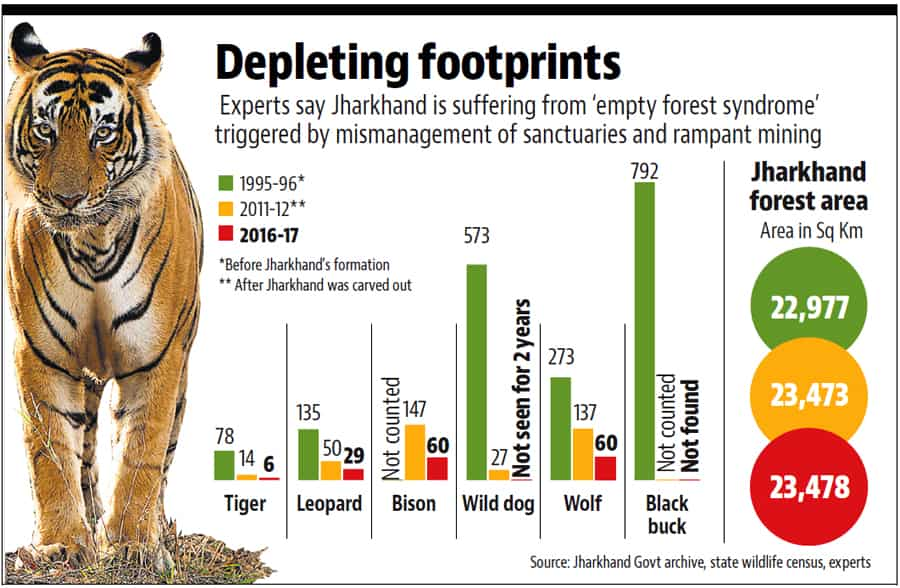
Declare Poba Reserve Forest of Dhemaji as national wildlife sanctuary: All Assam Students' Union
8 criminals held with leopard, tiger skins in Pune: Maharashtra
Wildlife Bhakshak: CISF sub-inspector held with 3.5 Kg pangolin scales in Chhattisgarh
Air, water pollution offences more than triple in 2020: NCRB
🌱🇮🇳🌱
#wildlife #conservation #water #biodiversity #environment #nature #india #development #students #pune #waterconservation #AASU #air #AirPollution #AllAssamStudentsUnion #Assam #Chhattisgarh #Ecology #environmentind #Forest #Jharkhand #Leopardpoaching #Leopards #Maharashtra #NationalCrimeRecordsBureau #NCRB #News #NorthEastIndia #Pangolin #PangolinSmuggling #Poaching #PobaReserveForest #Pune #SaveForest #Savenature #SavePangolin #Savewildlife #SaveJharkhand #Tigers #UttarPradesh #WaterPollution #WildlifeCrime
One person like that
1 Shares



